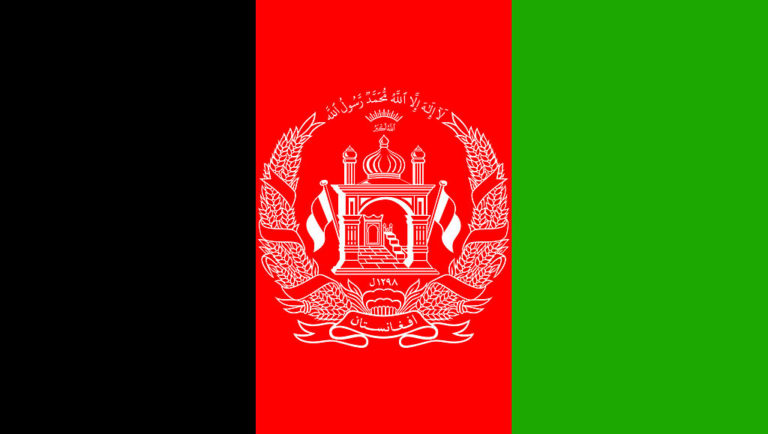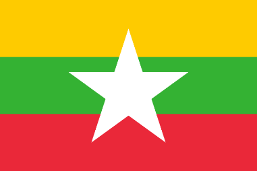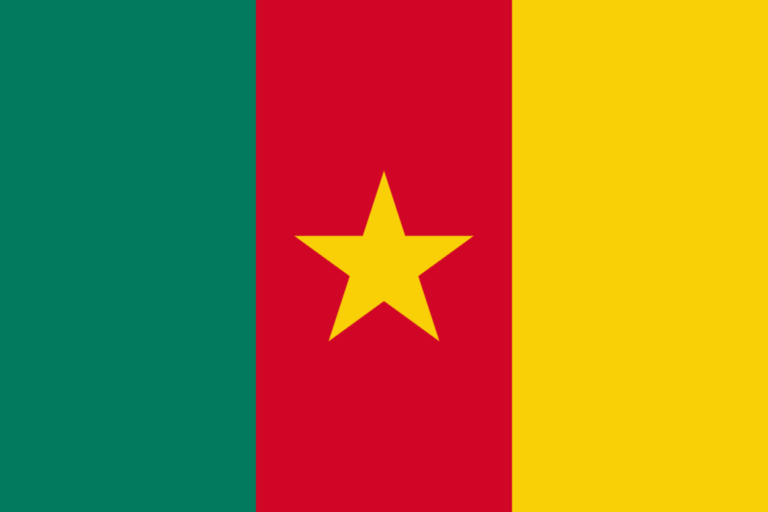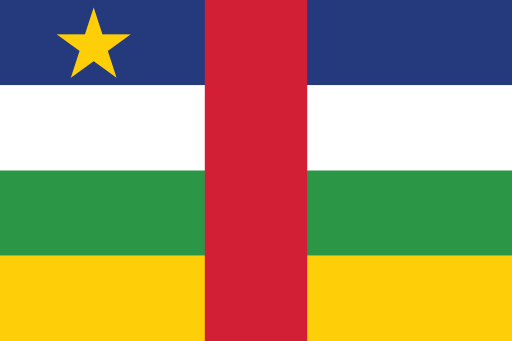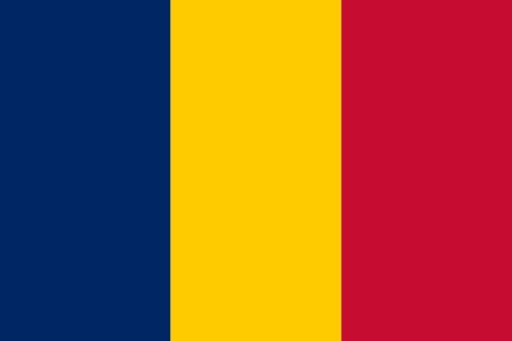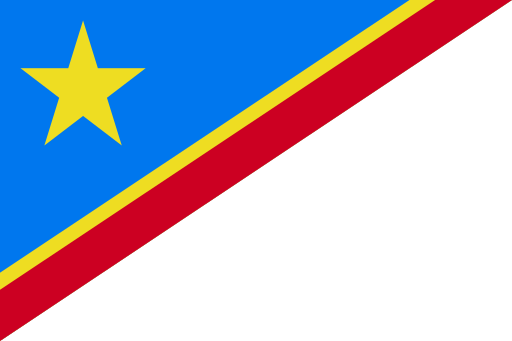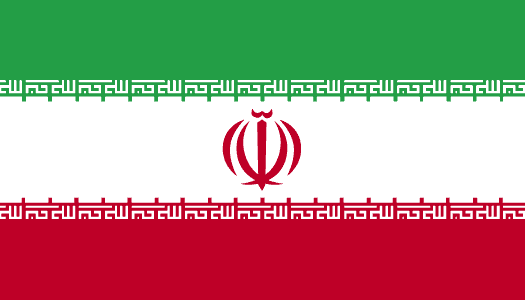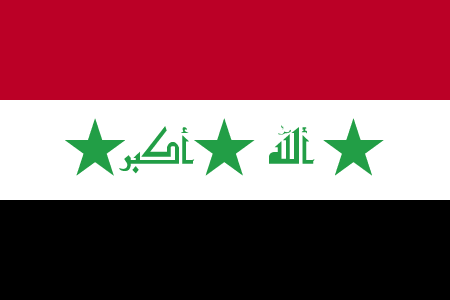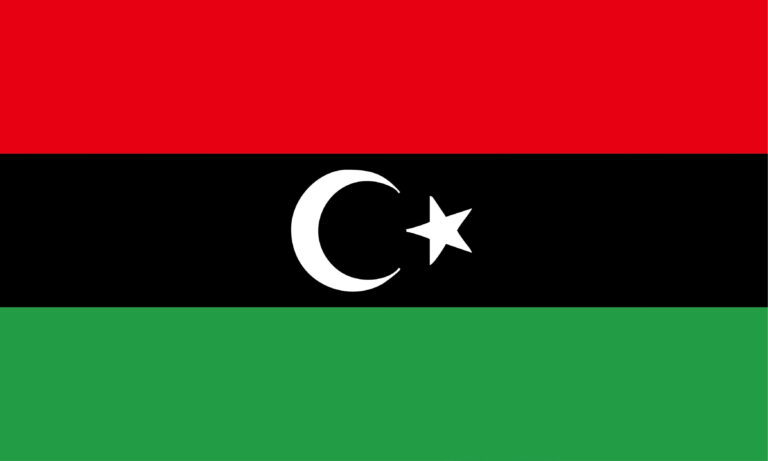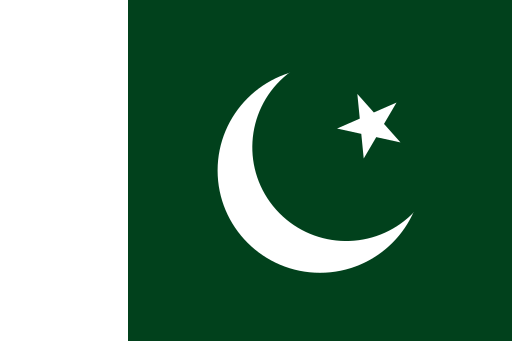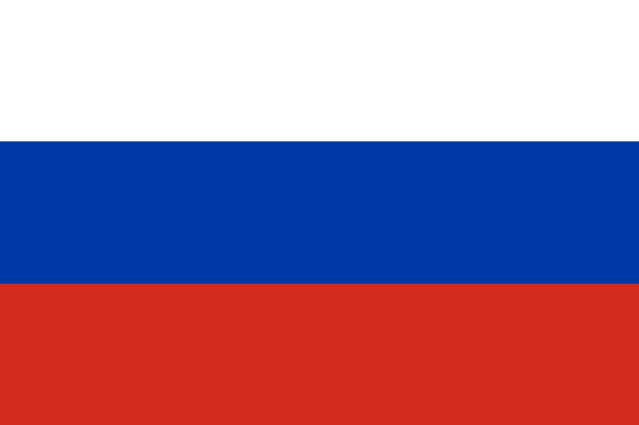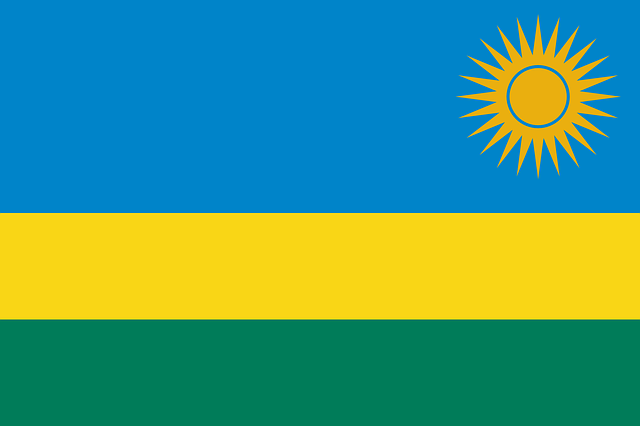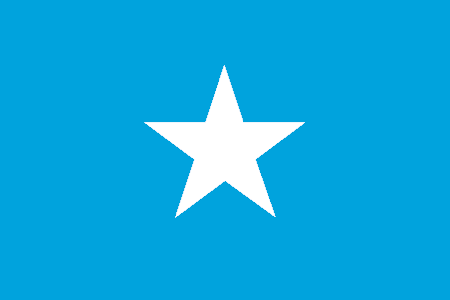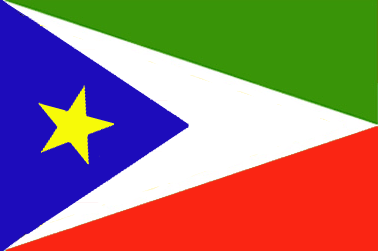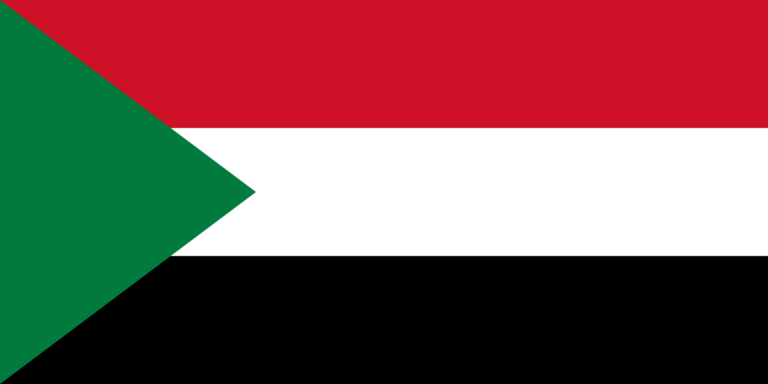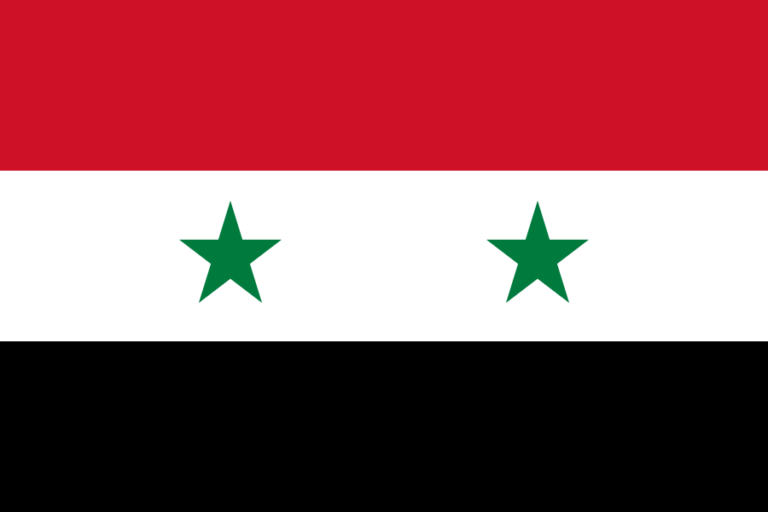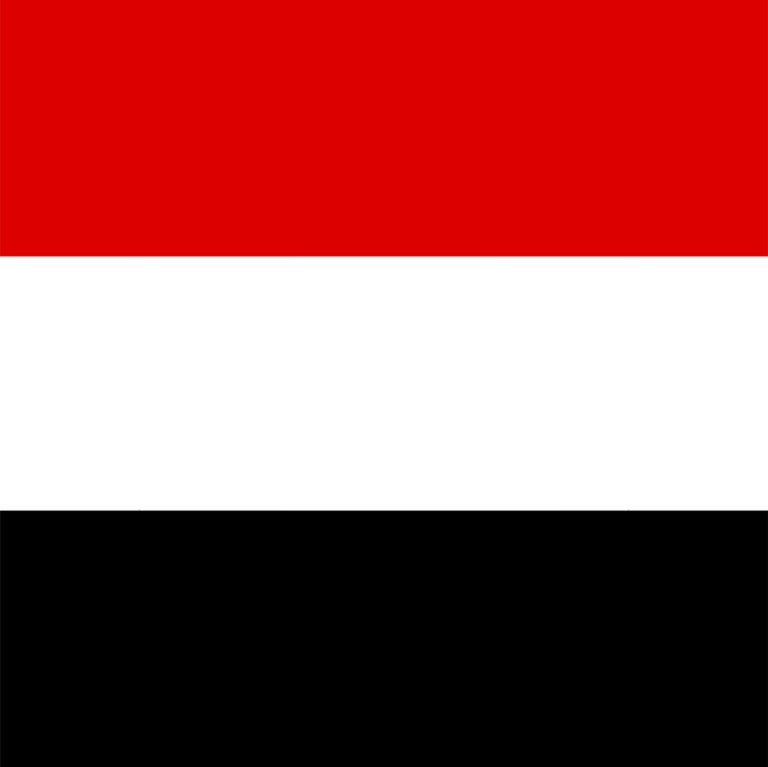- Updated October 24, 2023
Years Listed
Each shaded box corresponds to a year the country appeared on the CSPA list and what types of waivers it received, if any.
Iraq first appeared on the CSPA list in 2016 and reappeared on the list from 2018 through 2021. The U.S. president fully waived CSPA prohibitions against the provision of U.S. arms sales and military assistance to Iraq for each of the five years it was listed, resulting in the provision of more than $1.4 billion in arms sales and military assistance between FY2017 and FY2022.
Specifically, the president has waived nearly $180 million in Direct Commercial Sales, more than $275,000 in Excess Defense Articles, more than $1.2 billion in Foreign Military Financing, and more than $4.1 million in International Military Education and Training. The president has never denied Iraq any arms sales or military assistance due to CSPA prohibitions.
Since 2021, U.S. presidents have been required to include justifications for CSPA waivers that were issued during the previous year in the annual Trafficking in Persons Report. Iraq’s 2020 waiver justification maintained that “U.S. strategy in Iraq is focused on working with the [government of Iraq] to achieve a unified, democratic, peaceful, and inclusive Iraq by: defeating the terrorist entity known as the Islamic State of Iraq and Syria (ISIS); promoting good governance and reform; supporting the increased capacity and professionalization of Iraq’s security forces to bring them more in line with international best practices; promoting human rights; and promoting the protection of Iraq’s diverse and often marginalized communities, regardless of their ethnicity, religion, or gender. This waiver will allow the United States to continue to provide the assistance, support, and human rights training necessary to achieve these goals, and to help Iraq build its capacity to conduct effective, sustained counterterrorism operations against ISIS.” Nearly identical language was included in Iraq’s 2021 waiver justification.
According to the U.S. State Department, Iraqi Security Forces – including the Popular Mobilization Forces (PMF) – and government-supported Sinjar Resistance Units (YBS) reportedly recruited, used, or facilitated the recruitment of child soldiers. In the year’s following Iraq’s first appearance on the CSPA list in 2016, there were consistent reports of PMF units and allied militias recruiting child soldiers, mostly for use in combat. The PMF is an umbrella organization that has operated as a component of Iraq’s armed forces since 2016. It is comprised of various militia groups, many of which have resisted attempts by the Iraqi government to subject them to more complete government control. In 2017 and 2019, militias with units that operate under the PMF but which generally operate outside the command and control of the Iraqi government – including Asa’ib Ahl al-Haq (AAH), Kata’ib Hizbullah (KH), and Harakat Hezbollah al-Nuijaba (HHN) – also reportedly recruited and used child soldiers, including to fight in Syria and Yemen. In addition, the Yezidi armed militia group Sinjar Resistance Units (YBS) forcibly recruited and used children in combat and support roles in 2016 while the Iraqi government was reportedly paying its salaries. There were also reports in 2016 of Iraqi Security Forces facilitating the recruitment of at least seven children by PMF-affiliated militias from an internally displaced persons camp. Despite these allegations, Iraq was removed from the CSPA list in 2017, though it was added again the following year. Iraqi Security Forces also reportedly used three children at a checkpoint in early 2019. According to the U.S. State Department, there were no reports of official complicity in the recruitment or use of child soldiers in 2021, and Iraq was subsequently removed from the CSPA list in 2022.
The Iraqi government has taken some steps to prevent the recruitment and use of child soldiers by government and government-backed forces. Since 2015, it has reportedly continued to provide training to military officers on child soldier issues. Additionally, starting in 2016, the government stopped paying the salaries of child volunteers in an effort to discourage PMF commanders from accepting children who volunteer to fight for the group. The following year, the government established a national inter-ministerial senior committee to monitor, evaluate, and report on children’s rights violations in conflict zones in Iraq. Among other things, the committee developed a national action plan to end the recruitment and use of child soldiers in the country, which was implemented in January 2022. Additionally, the government of Iraq signed a UN Action Plan in March 2023 to specifically prevent the recruitment and use of child soldiers by the PMF.
However, these efforts have been undermined by the Iraqi government’s lack of control over PMF and affiliated forces, and the government’s failure to adequately investigate and prosecute continued allegations of child soldier recruitment and use by these groups.
In 2015, the government struggled to exercise full control over all of the PMF factions, which severely limited its ability to prevent these groups from recruiting and using child soldiers. The government sought to address this issue in 2016 when it formalized the PMF’s status as a component of the Iraqi armed forces, but as of March 2023, the government still lacked complete control of the PMF and units continued to undertake operations independent of political or military leadership. Meanwhile, the Iraqi government has repeatedly failed to adequately investigate and hold people criminally accountable for child soldiering offenses despite years of allegations against the PMF and affiliated groups. There remained significant concerns of alleged official complicity in trafficking crimes following reports in 2018 that key Iraqi security officials shielded traffickers from investigation and prosecution.
For more information, see the U.S. State Department’s Trafficking in Persons Report and Country Reports on Human Rights Practices. More information on the situation in Iraq can also be found in the UN Secretary-General’s annual report on Children and Armed Conflict and country-specific report on Iraq.
Total Waived and Prohibited
Since the CSPA took effect.
Explore the Data
Country- and program-level data on the number and type of national interest waivers granted, as well as the amount of arms sales and military assistance waived.

